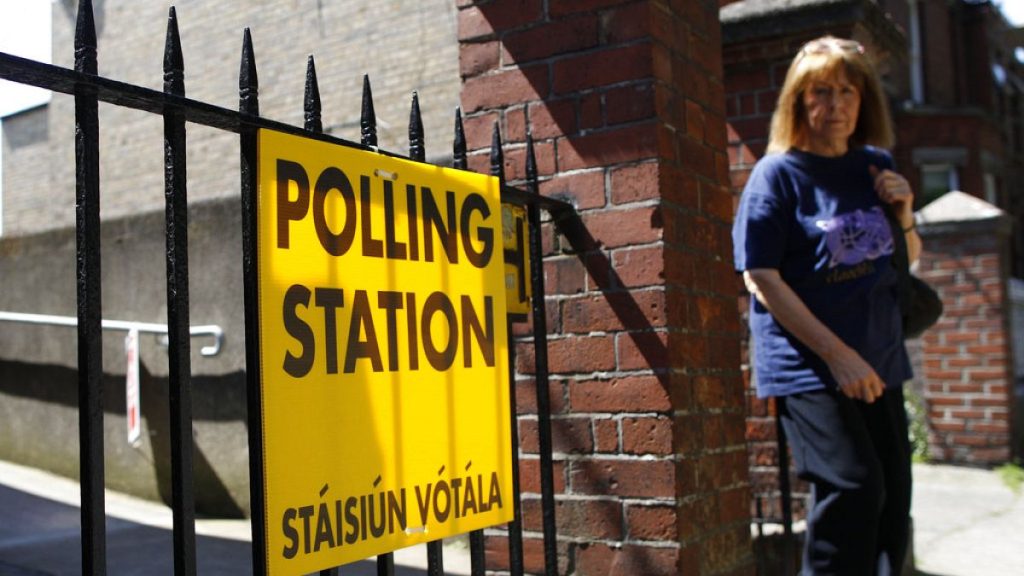Polling has opened in Ireland for the European Parliament elections, with a record number of far-right candidates on the ballot. Fourteen MEPs will be elected to the EU Parliament, with election campaigning dominated by controversy over rising numbers of asylum seekers and a severe shortage of affordable housing. The ruling coalition of Fianna Fáil, Fine Gael, and the Green Party has sought to reduce support for far-right parties by cutting welfare payments to some Ukrainian refugees and removing migrant encampments across the country. With almost two-thirds of voters wanting stricter controls on immigration, according to an IPSOS poll with the Irish Times, voter frustration with migration has impacted the prospects of Sinn Féin, Ireland’s main opposition party, whose soft stance on migration has seen their support drop from 33% in 2022 to just 22% last month.
The proliferation of candidates on the ballot is expected to split the far-right vote, potentially affecting the election results in Ireland. Despite the rise of far-right candidates, voter frustration with migration may dent the prospects of Sinn Féin, as polls show a decrease in their support due to their stance on immigration. The Sunday Independent/Ireland Thinks opinion poll found that Sinn Féin’s support has dropped from 33% in 2022 to 22% last month, highlighting the impact of migration on political dynamics in Ireland. The ruling coalition has taken measures to reduce support for far-right parties by implementing stricter controls on immigration, such as cutting welfare payments to Ukrainian refugees and removing migrant encampments across the country. These efforts aim to address voter concerns about rising migration and housing shortages in Ireland, which have fueled support for far-right parties.
Voting in Ireland follows the Netherlands, where results from the European Parliament elections indicate a surge in support for far-right parties. Geert Wilders’ far-right Party for Freedom won seven seats in the European Parliament, but was narrowly defeated by a Green-Left alliance that secured eight seats. This unexpected outcome suggests that despite the rise of far-right parties, other political forces can still secure victories in the elections. Final results for the entire EU will be announced in Brussels after polls close on Sunday night, providing a comprehensive overview of the political landscape in Europe. The outcome of the European Parliament elections will shape the future of the EU and impact issues such as migration, housing, and economic policies across member states.
The presence of a record number of far-right candidates on the ballot in Ireland reflects a broader trend of rising support for populist and anti-immigrant movements across Europe. Voter frustration with migration and housing shortages has fueled the rise of far-right parties, leading to a more fragmented political landscape in countries like Ireland. The ruling coalition’s efforts to address these concerns by implementing stricter controls on immigration demonstrate the impact of these issues on political dynamics. Despite the potential for the far-right vote to be split among multiple candidates, the outcome of the election remains uncertain, as voter sentiment continues to shift in response to evolving political challenges.
With final results for the entire EU expected to be announced in Brussels after polls close on Sunday night, the European Parliament elections will provide insights into the changing political landscape in Europe. The results in Ireland and other member states will shape the future direction of the EU and influence key policy decisions on issues such as migration, housing, and economic stability. The rise of far-right parties and the impact of voter frustration with immigration underscore the need for political leaders to address these concerns and work towards solutions that promote unity and inclusivity. As the election results are revealed, the EU will face new challenges and opportunities in addressing the complex issues facing the region and shaping a more cohesive and sustainable future for Europe.












